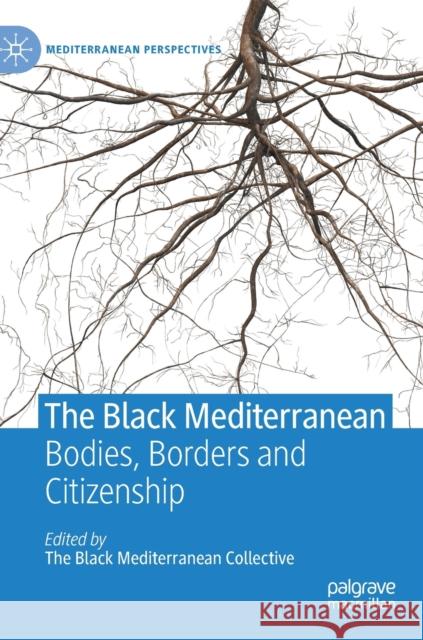The Black Mediterranean: Bodies, Borders and Citizenship » książka
topmenu
The Black Mediterranean: Bodies, Borders and Citizenship
ISBN-13: 9783030513900 / Angielski / Twarda / 2021 / 266 str.
The Black Mediterranean: Bodies, Borders and Citizenship
ISBN-13: 9783030513900 / Angielski / Twarda / 2021 / 266 str.
cena 564,88
(netto: 537,98 VAT: 5%)
Najniższa cena z 30 dni: 501,19
(netto: 537,98 VAT: 5%)
Najniższa cena z 30 dni: 501,19
Termin realizacji zamówienia:
ok. 16-18 dni roboczych.
ok. 16-18 dni roboczych.
Darmowa dostawa!
Kategorie BISAC:
Wydawca:
Palgrave MacMillan
Seria wydawnicza:
Język:
Angielski
ISBN-13:
9783030513900
Rok wydania:
2021
Wydanie:
2021
Numer serii:
000794878
Ilość stron:
266
Waga:
0.48 kg
Wymiary:
21.01 x 14.81 x 1.75
Oprawa:
Twarda
Wolumenów:
01
Dodatkowe informacje:
Wydanie ilustrowane











